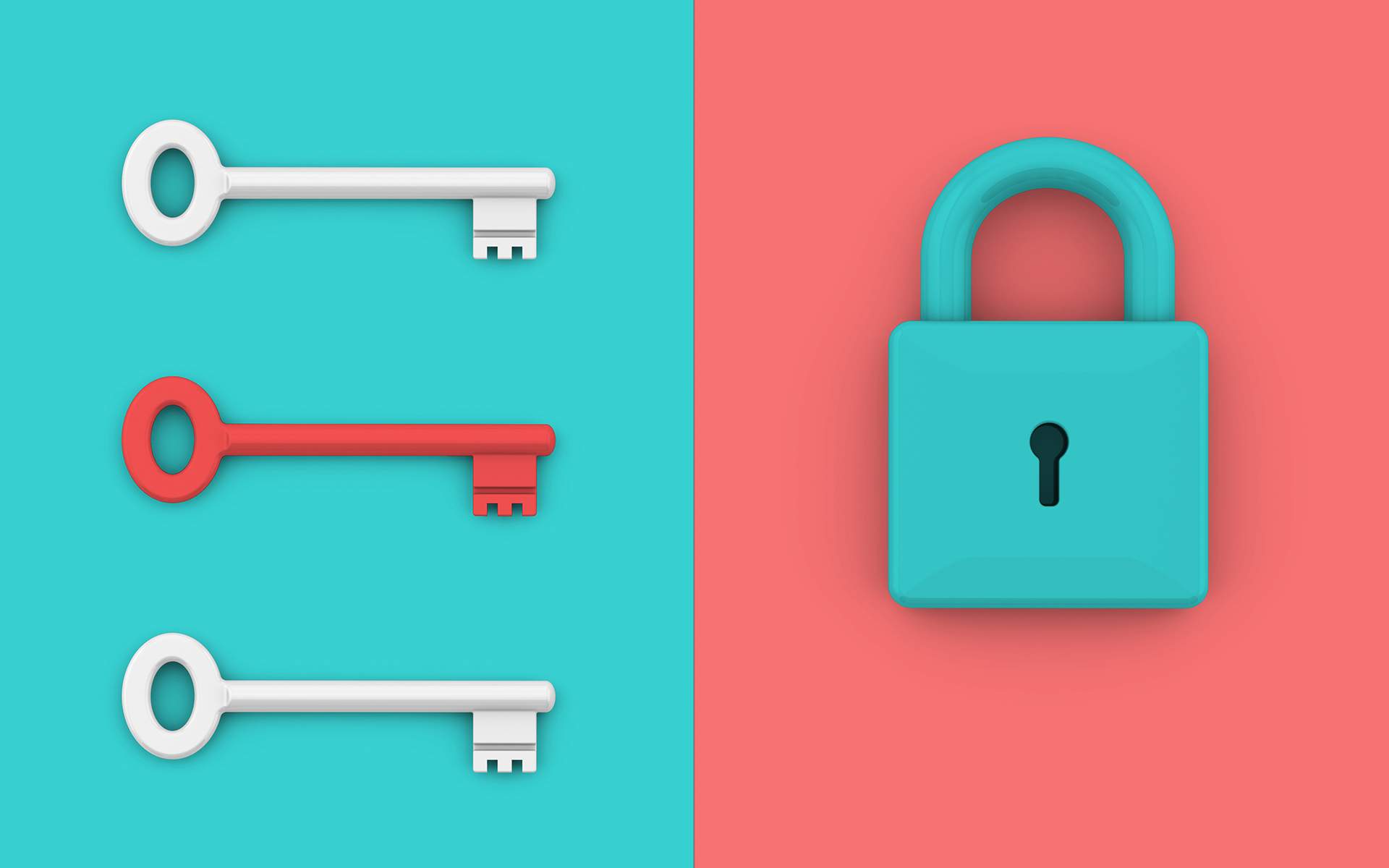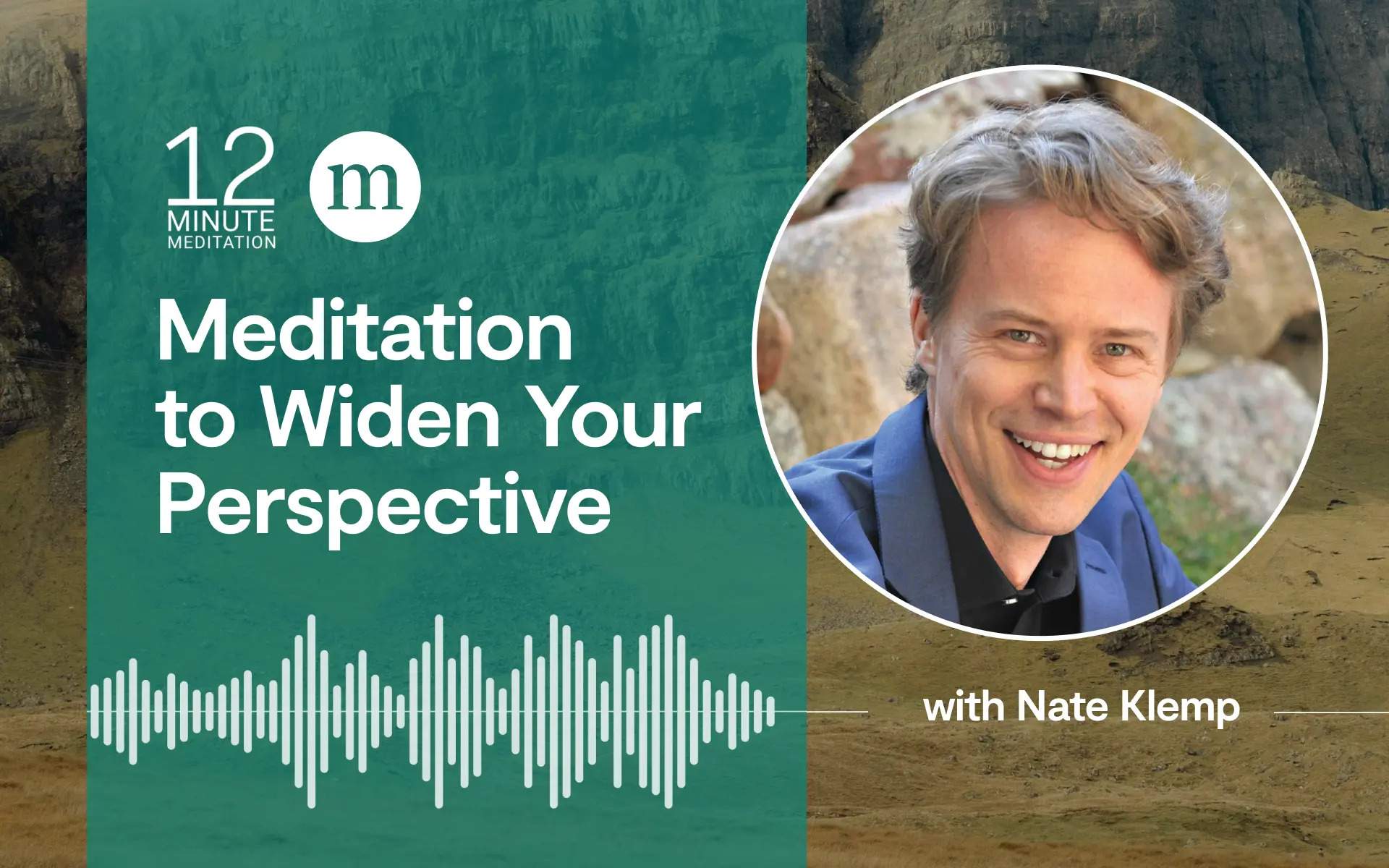Trust is a big deal. When people gain our trust or break our trust, it matters. It’s also a big word, packing a lot of weight. We say we trust people, or that someone has broken our trust. But what does that mean? What did they do? In an episode of Oprah’s SuperSoul Conversations podcast, Brené Brown, a renowned vulnerability, courage, shame, and empathy researcher, breaks down the complexities of trust.
She borrows a definition from leadership and well-being coach Charles Feltman who says that “trust is choosing to make something important to you vulnerable to the actions of someone else.” Trust isn’t built in grand gestures, Brown says, but in the small moments that people treat what is important to you with care.
BRAVING: An Acronym for Building Trust
To talk about trust, Brown uses the acronym BRAVING which stands for: boundaries, reliability, accountability, the vault, integrity, non-judgment, and generosity. Understanding that these are components of trust and how they work can help us really understand how we do or don’t trust others, or ourselves. She says she uses this acronym “because when we trust, we are braving connection with someone.”
Trust is choosing to make something important to you vulnerable to the actions of someone else.
Boundaries
To trust someone, Brown says, it’s essential that we are clear about our boundaries so they can understand and respect our limits. It’s also important that we understand the boundaries of others so trust can flow both ways.
Reliability
Reliability is when someone does what they say they’re going to do over and over again. They can’t just follow through on their word once, Brown says, reliability builds gradually.
At work, this means that we know our limits and enforce them so we don’t bite off more than we can chew. If we commit to more than we can manage, we end up unable to finish it all, or we finish it at a lower level of quality than we could have if we had less on our plate. When we overstep our limits, we can’t deliver on our commitments. We can’t follow through on our word.
This idea also transfers to personal life. We need to know when we’re too busy to commit to more plans with others, or when we just don’t want to commit. Brown gives the example of running into an acquaintance at a coffee shop. We might feel compelled to say, “Great to see you. I’ll give you a call sometime!” when we actually have no intention of calling. That makes us unreliable. It’s okay to just say, “Great to see you.”
Accountability
We trust people who own up to their mistakes, apologize, and make amends, she says. But others can only do that if we allow them. If we immediately write someone off when they make a mistake, or stop talking to them, we don’t give them a chance to step into their accountability.
This goes both ways in a relationship. When we make mistakes, we need the other person to allow us to acknowledge our mistake, say we’re sorry, and try to patch things up.
The Vault
“This one shook me to the core,” Brown says when she introduces the topic.
We cannot trust someone if they share our personal information with others without our permission. It needs to be as though that information is in a vault that’s only accessible to the folks we purposely told. By the same token, we need to hold the secrets, stories, and information of other people in confidence so they can trust us.
Oftentimes, Brown says, we use gossip as a way to try to quickly find intimacy with someone. We feel like if we can secretly talk about others with them, we have a solid connection. Brown calls this “counterfeit trust.” If we are minding our own business and someone tells us confidential information about someone else, we know we can’t trust them. Others will think the same of us. Brown boils the vault down to: “You respect my story [and] you respect other people’s story.”
Integrity
“Integrity,” Brown says, “is choosing courage over comfort. It’s choosing what’s right over what’s fun, fast, or easy.” Integrity, she says, is more than just naming our values. It’s living according to our values.
Integrity is choosing courage over comfort. It’s choosing what’s right over what’s fun, fast, or easy.
Plus, when we live with integrity, we not only build trust with others, we build trust with ourselves.
Non-judgment
Non-judgment is about being vulnerable with someone without being judged by them, while they can be vulnerable and not be judged by us. This is hard, Brown says, because we tend to be better at giving help than asking for help. In fact, we tend to feel better about ourselves when we help someone, but think less of ourselves when we ask for help. “You cannot judge yourself for needing help, but not judge others for needing your help,” she points out. That’s what makes true reciprocal non-judgment difficult.
Generosity
Brown says, “our relationship is only a trusting relationship if you can assume the most generous thing about my words, intentions and behaviors, and then check in with me.” Which means that if we make a mistake, others will be up front about it, but assume we had good intentions.
This might look like someone telling us that they are hurt that we didn’t call on an important day, but they assume we just forgot or were busy. This gives us a chance to be accountable. And this goes both ways. It’s important that we also check in and leave space for others to be accountable.
How to Trust Yourself
It’s important that we understand the complexity of trust and how to break it down so that we can identify why we do or don’t trust certain people. Instead of feeling stupid or naive for trusting someone when they turned out to be untrustworthy, we can identify what exactly went wrong.
Knowing this can help us build our self-trust, too. Brown gives the example of making a mistake. She says we can ask ourselves if we respected our boundaries, if we were reliable, if we held ourselves accountable, and if we were generous with ourselves.
“Because if braving relationships with other people is braving connection, self-trust is braving self-love. Self-respect is the wildest adventure we’ll ever take in our whole lives,” Brown says. If we don’t feel like we can trust ourselves, we can’t expect others to trust us, because we can’t give others what we don’t have.
READ MORE
How to Strengthen Loving Relationships with Mindfulness
Our guide to reflecting on the relationships in your life and opening yourself up to the opportunity for love to grow.
Read More
Finding Space to Love, Trust and Rest
Meditation teacher Frank Ostaseski reflects on the relationship between recovery and mindfulness following a stroke.
Read More
4 Lessons on Anti-Racism from Brené Brown and Ibram X. Kendi
Brené Brown and professor Ibram X. Kendi explore how the root of racism is self-interest and offer insights on how to be an anti-racist.
Read More
How Being Held Accountable Is an Experience of Vulnerability
Amanda Hester, Director of Operations and Business Development at Mindful, explores why mindfulness is key to sitting with feelings of shame and blame.
Read More












